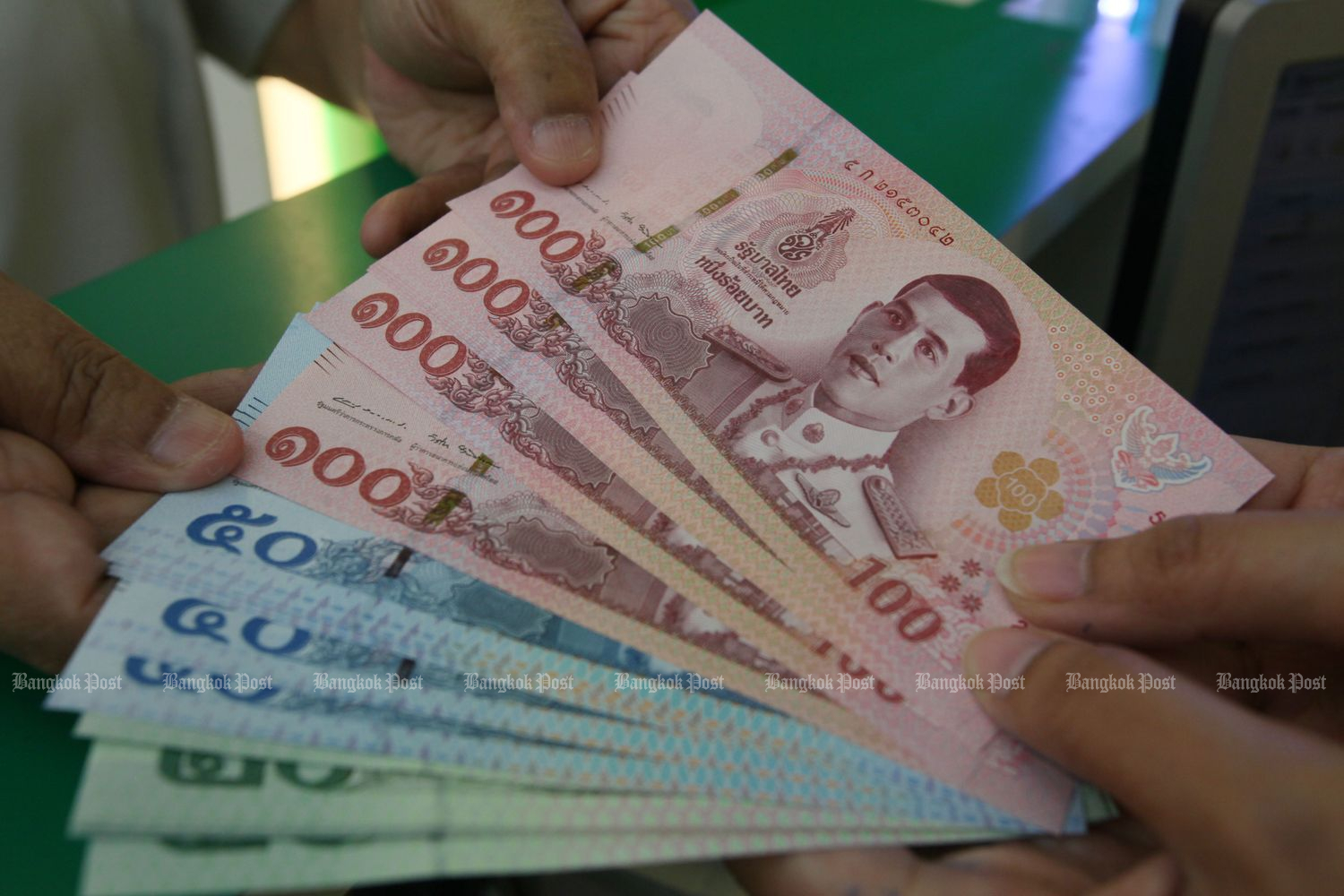
Local stocks rallied on Thursday as ample global financial liquidity moved into equities to chase higher yields amid hopes of an economic recovery and further loosening of lockdown measures.
The Stock Exchange of Thailand (SET) index rose by 36.83 points or 2.7% to close at 1,411.01 points in turnover worth 122.7 billion baht.
Shares in the banking sector and segments related to the country's lucrative tourism industry saw substantial gains. KBANK shares rose the most (+15%), followed by SCB (+14.7%), BBL (+10.8%), MINT (+8.3%) and AOT (+6.3%).
Although year-to-date foreign fund outflows total nearly 190 billion baht, there have been foreign inflows into local equities worth 8.9 billion baht from the end of May to early June, said Apichat Poobunjirdkul, senior strategist at Tisco Securities.
Month-to-date foreign inflows into the domestic stock market have reached 6 billion baht, according to SET data.
A return of foreign inflows into regional equity markets is attributed to investors' hopes of an economic recovery and listed companies' earnings in the second half after a loosening of lockdown measures, Mr Apichat said.
Lower interest rates and abundant financial liquidity stemming from central banks' monetary stimulus policies have enticed foreign investors to embark on further search-for-yield behaviour, he said.
Foreign fund inflows will focus on investing in large-cap stocks, led by commercial banks, said a Krungsri Securities analyst who spoke on condition of anonymity. The reason is that valuations are still cheap and share prices are the most laggard and have underperformed by a stretch this year, the analyst said.
The rally in the local stock market stands in contrast to the fundamentals and comes with higher downside risks, said Therdsak Taveeteeratham, executive vice-president of Asia Plus Securities.
Gold and military arms exports, which resulted in trade surpluses in the first quarter, are also expected to drop gradually going forward, he said.
The baht has appreciated to 31.60 per US dollar from 31.80 at the end of May.
The strengthening baht will hurt Thailand's economy, especially exports, as a firmer currency makes local shipments become more expensive, Mr Therdsak said.
Gold prices, meanwhile, have dwindled as investors have begun to deviate from the safe-haven asset class.
Liquidity injections during the past few months to curb the impact from the outbreak supported a gold price rally in the short term, but this ample liquidity will move more decisively into stock markets in the medium term, said Tanarat Pasawongse, chief executive of Hua Seng Heng Group of Companies, Thailand's largest gold importer.
